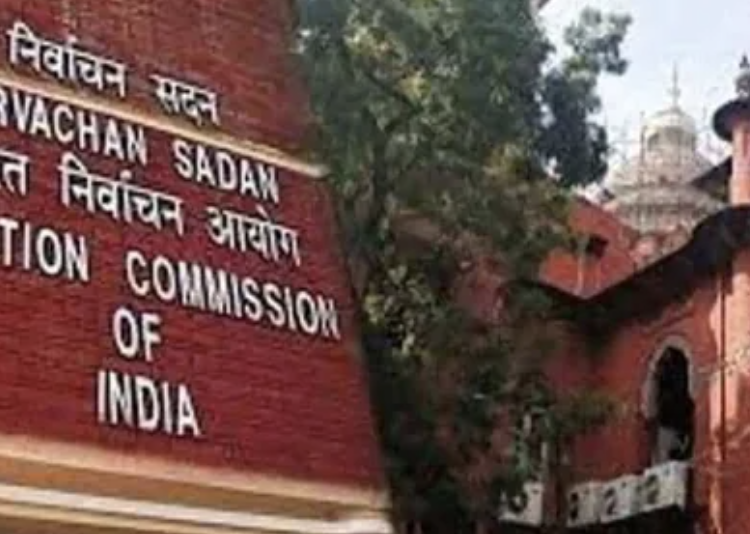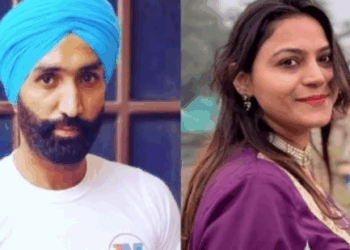In a significant development amidst the ongoing political campaigning, the Election Commission of India (ECI) has issued a stern rebuke to both the Bharatiya Janata Party (BJP) and the Indian National Congress (INC), dismissing their defense of election campaign statements as “not tenable.” The rebuke comes amidst a backdrop of contentious political discourse, with the ECI emphasizing the need for accountability and adherence to ethical standards in electoral campaigning.
The Election Commission’s admonition follows a series of complaints regarding alleged violations of the Model Code of Conduct (MCC) by political parties, particularly regarding their campaign utterances. Both the BJP and the Congress had defended their statements, arguing that they were within the bounds of permissible political discourse.
However, the ECI has categorically rejected these defenses, asserting that certain statements made by representatives of both parties were inflammatory and violated the principles of fair campaigning. The Commission has warned that such rhetoric not only undermines the integrity of the electoral process but also has the potential to incite tensions and disrupt communal harmony.
The rebuke from the Election Commission underscores the growing scrutiny of political discourse ahead of crucial elections in various states across India. With political parties intensifying their campaigns and engaging in spirited exchanges, the ECI’s intervention serves as a reminder of the importance of upholding electoral ethics and maintaining a level playing field for all contestants.
The Commission’s decision to reprimand both the BJP and the Congress signals a proactive stance in enforcing electoral norms and holding political parties accountable for their actions. It also highlights the ECI’s commitment to ensuring free and fair elections by curbing the proliferation of divisive rhetoric and inflammatory speech.
As the electoral landscape continues to evolve, the ECI’s intervention is likely to shape the tone and tenor of political discourse in the coming weeks. Political parties will be compelled to reassess their campaign strategies and exercise greater caution in their public statements to avoid running afoul of the MCC and inviting further censure from the electoral watchdog.
In the larger context of Indian democracy, the ECI’s rebuke serves as a timely reminder of the responsibilities incumbent upon political parties in upholding the sanctity of the electoral process. With the stakes high and public scrutiny heightened, the onus is on all stakeholders to conduct themselves with integrity and respect for democratic principles as the nation heads towards important electoral contests.








 India
India












